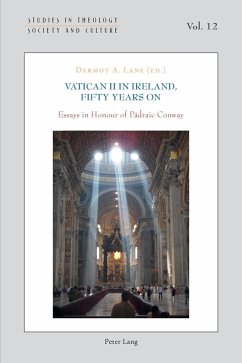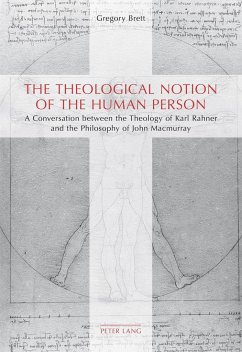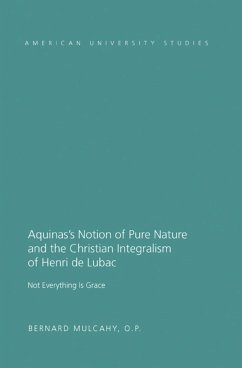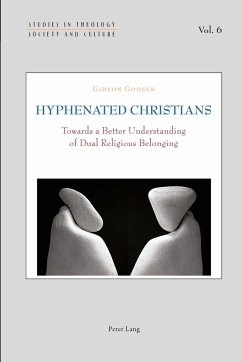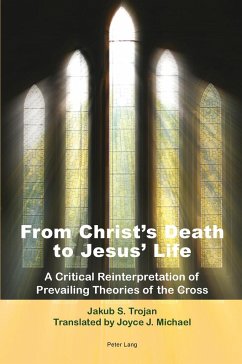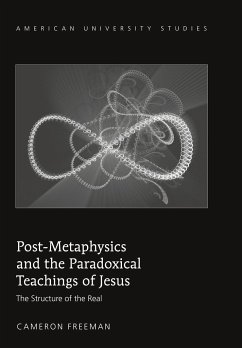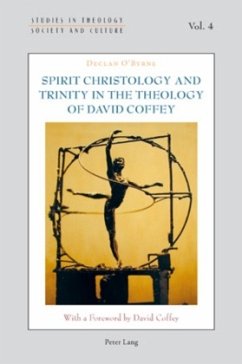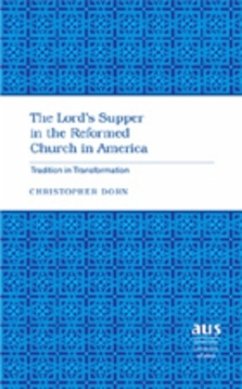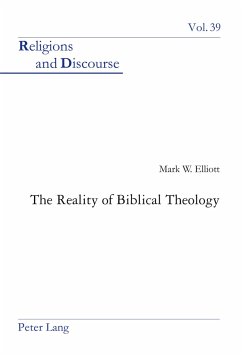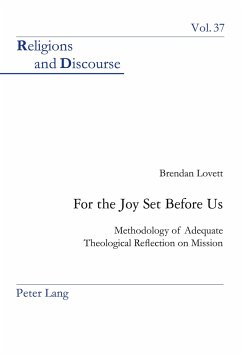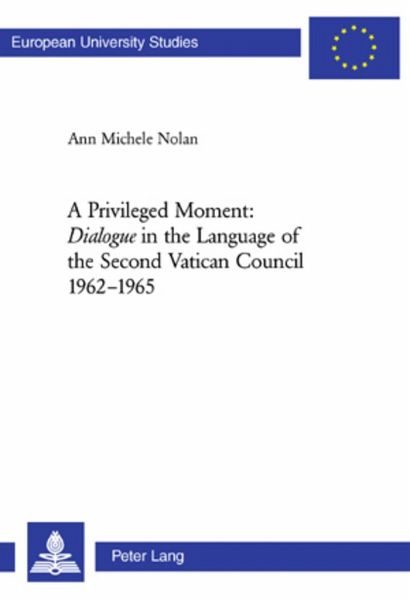
A Privileged Moment: 'Dialogue' in the Language of the Second Vatican Council 1962-1965
Dialogue in the Language of the Second Vatican Council 1962-1965
Versandkostenfrei!
Versandfertig in 6-10 Tagen
119,75 €
inkl. MwSt.

PAYBACK Punkte
0 °P sammeln!
This book is the first major study to analyse the word 'dialogue' in the documents of the Second Vatican Council. 'Dialogue' actually translates two different Latin words, colloquium and dialogus, which do not mean the same thing. After a clear explanation of the important distinction between the dialectic of Thomism, where dialogue leads to an end-point, and the modern meaning of dialogue as an open-ended process between equal partners, the book argues that these dissimilar concepts became blurred in the documents of the Council. A careful analysis of the interpretation of this word in a comp...
This book is the first major study to analyse the word 'dialogue' in the documents of the Second Vatican Council. 'Dialogue' actually translates two different Latin words, colloquium and dialogus, which do not mean the same thing. After a clear explanation of the important distinction between the dialectic of Thomism, where dialogue leads to an end-point, and the modern meaning of dialogue as an open-ended process between equal partners, the book argues that these dissimilar concepts became blurred in the documents of the Council.
A careful analysis of the interpretation of this word in a comparison across five major English translations of the documents demonstrates how the rhetorical power of dialogue was manipulated depending on how it was translated.
A provocative assessment of the significance of the different contexts in which each word was used offers a new insight: the existence of a two-tier system of dialogue depending on who was the Church's partner in dialogue. Nonetheless the conclusion illuminates a common subtext to all uses of dialogue and illustrates how it is possible to receive Vatican II in the twenty-first century in an authentically dialogical way.
A careful analysis of the interpretation of this word in a comparison across five major English translations of the documents demonstrates how the rhetorical power of dialogue was manipulated depending on how it was translated.
A provocative assessment of the significance of the different contexts in which each word was used offers a new insight: the existence of a two-tier system of dialogue depending on who was the Church's partner in dialogue. Nonetheless the conclusion illuminates a common subtext to all uses of dialogue and illustrates how it is possible to receive Vatican II in the twenty-first century in an authentically dialogical way.



